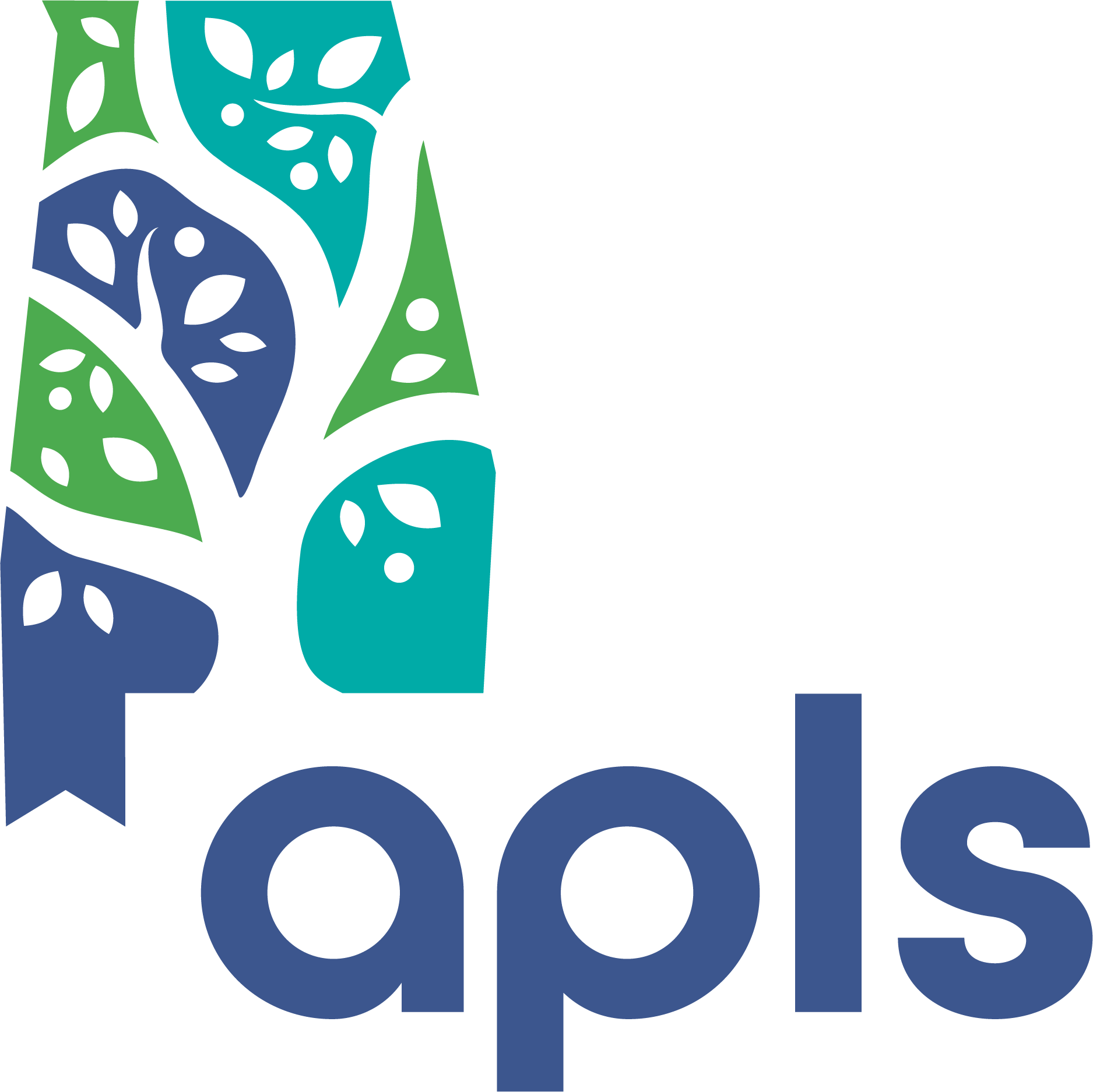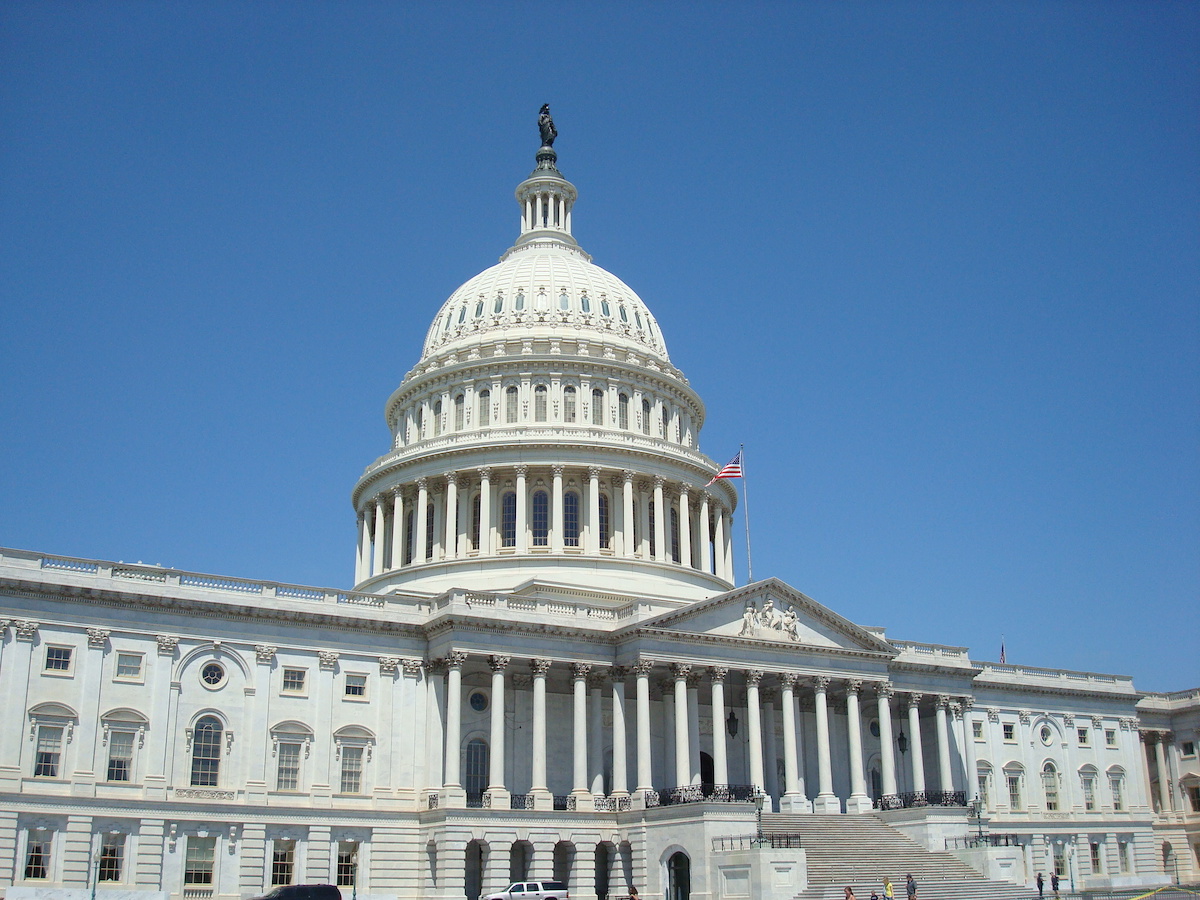Public Libraries
On January 30, in response to pressure from Gov. Kay Ivey, the Alabama Public Library Service—the agency that advises and administers funds to the state’s 220 public libraries—announced its official decision not to renew its membership with the American Library Association (ALA). But advocates are urged to look beyond the controversy over ALA to the larger issues in play, notably the growing influence that the state’s elected officials have on library freedoms.
In the violent rainstorms that hit central Appalachia this summer, one of the hardest hit institutions was Kentucky's Letcher County Public Library. Three of its four locations and a bookmobile were severely damaged. Cleanup has been steady but slow, but a GoFundMe fundraiser set up by Kim Michele Richardson, author of The Book Woman of Troublesome Creek, has raised more than $30,000 to help the library rebuild and restock.
Libraries can and should continue to apply creative problem-solving to mitigate the worst impacts of this pandemic on staff and users. There is a limit to what even the most nimble, inventive, and dedicated libraries—or even consortia or associations—can fix. But that doesn’t mean there is nothing we can do. We need to think bigger and to throw the collective power of our profession toward advocacy for large-scale solutions.
On July 2, Sen. Jack Reed (D-RI) and Rep. Andy Levin (D-MI) introduced the bipartisan Library Stabilization Fund Act in both chambers (S.4181 and H.R.7486, respectively). The legislation, introduced with 13 cosponsors on both sides of the aisle in the Senate and 27 in the House, would establish a dedicated $2 billion fund to be administered by IMLS that would address the financial losses incurred in the pandemic shutdown and bolster library services going forward, with priority given to the hardest-hit communities.
ALREADY A SUBSCRIBER? LOG IN
We are currently offering this content for free. Sign up now to activate your personal profile, where you can save articles for future viewing




